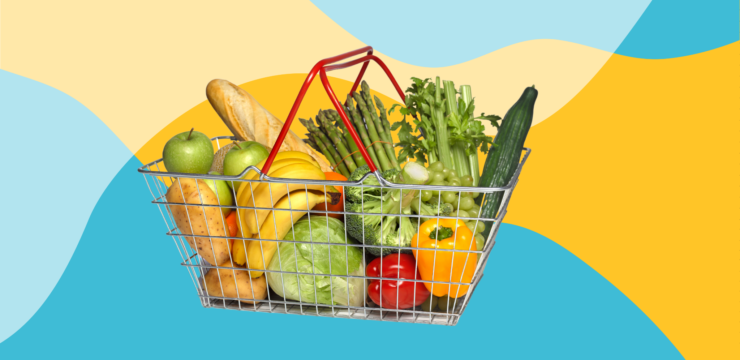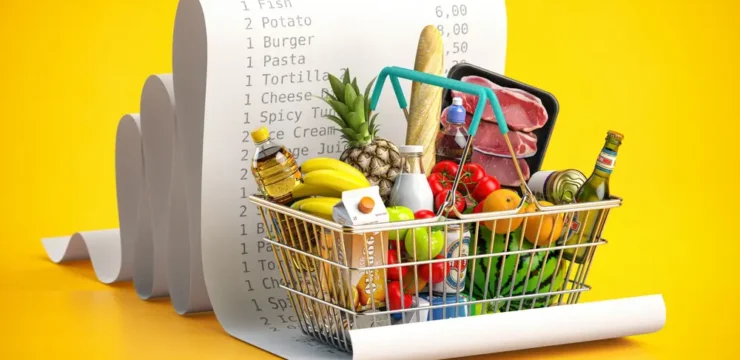You’ve seen the labels, heard the buzz, and maybe even paid a little extra for that carton of organic eggs—but what does “organic” actually mean? As organic food becomes more mainstream, it’s important to understand what you’re really getting when you buy products with the organic label.
The Definition of Organic
In the United States, “organic” refers to how agricultural products are grown and processed. The term is regulated by the U.S. Department of Agriculture (USDA), which sets strict guidelines that farmers and producers must follow in order to earn organic certification.
According to the USDA, organic products must:
- Be grown without synthetic fertilizers or pesticides
- Avoid genetically modified organisms (GMOs)
- Use natural substances and physical, mechanical, or biologically based farming methods
- Raise animals without the routine use of antibiotics or growth hormones
- Provide animals with access to the outdoors and space to exhibit natural behaviors
Different Levels of Organic Labeling
Not all organic labels mean the same thing. Here’s what to look for:
- “100% Organic”: Made with only organic ingredients and processing aids.
- “Organic”: Contains at least 95% organic ingredients.
- “Made with Organic Ingredients”: Must contain at least 70% organic ingredients, but cannot use the USDA organic seal.
- “Natural” or “All-Natural”: These terms are not regulated and do not mean the product is organic.
Why People Choose Organic
- Health Concerns: Some believe organic foods reduce exposure to pesticide residues and hormones.
- Environmental Impact: Organic farming methods can reduce pollution, conserve water, and improve soil health.
- Animal Welfare: Organic standards often provide more humane conditions for livestock.
Common Misconceptions
- Myth: Organic means pesticide-free.
- Truth: Organic farms can use natural pesticides and herbicides approved by USDA standards.
- Myth: Organic always means healthier.
- Truth: While organic foods avoid certain chemicals, their nutritional value is generally similar to conventionally grown foods.
How to Know It’s Really Organic
Look for the USDA Organic Seal or check if the product is certified by an accredited third-party certifier. If you’re buying locally, talk to the farmer about their practices—some small farms follow organic methods but aren’t officially certified due to cost.





